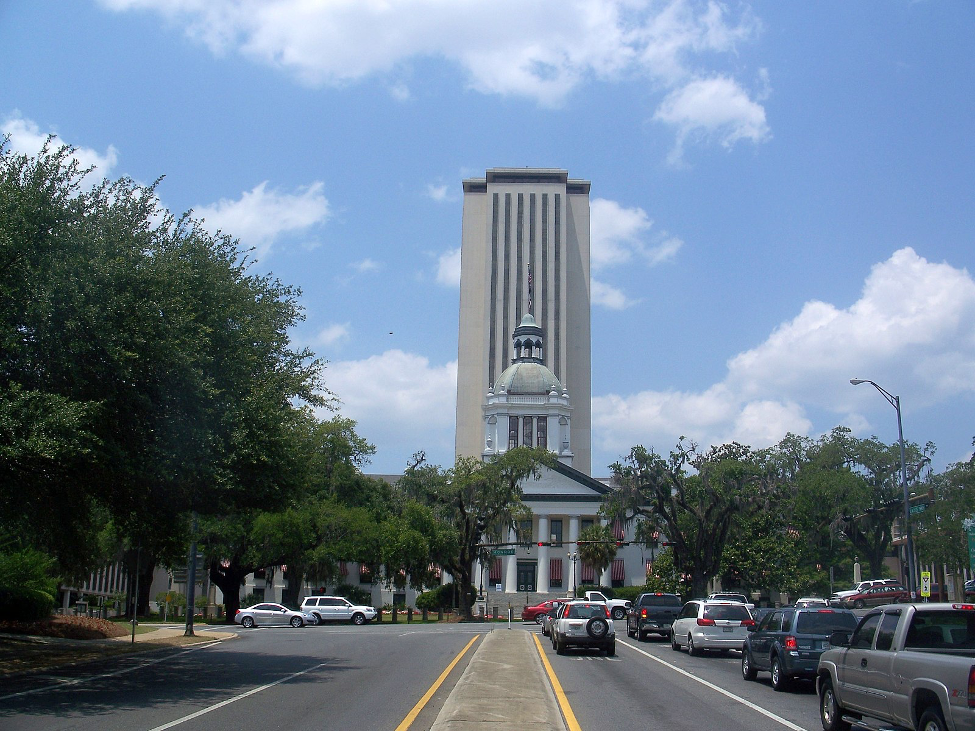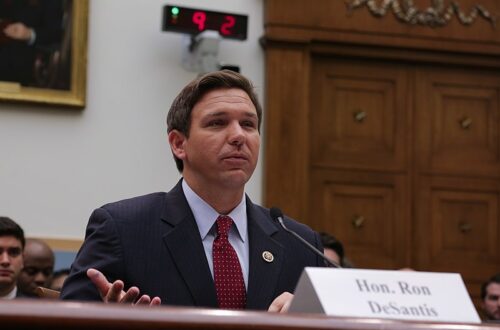Sparking protests from labor unions and Democrats, the Florida Senate voted along party lines earlier this month to pass legislation that would overhaul the state’s pension program for public sector employees.
Senate Bill 84, sponsored by Sen. Ray Rodrigues, R-Estero, would preclude new state employees hired after July 1, 2022 from participating in the standard Florida Retired System Pension Plan. Instead, these employees would be offered the FRS Investment Plan, which allows employees to choose how to invest their account balance and offers payments according to how well the plan performs.
This change would exclude “Special Risk Class” employees such as police officers and firefighters. Perhaps most notably, all public school teachers would be required to enroll in the investment plan.
Florida’s pension plan, which pays set monthly benefits to retirees, is considered one of the best in the nation. The state’s fund could hypothetically fund pensions for 82% of current employees if they chose to retire today, a far higher rate than most other states.
Moody’s Investor Services, a bond credit rating firm, considers 80% to be “the gold standard,” according to the Tallahassee Democrat.
However, Rodrigues argues that as long as the state cannot guarantee 100% of pensions, then it “has made a promise it cannot keep.”
Currently, Florida has $36 billion in unfunded actuarial liabilities, a financial risk that Rodrigues cites as fundamental to his proposal. However, the state is projected to have paid off its unfunded liabilities in the next 30 years, and two separate audits, including one by the state’s own Department of Management Services, have found the fund to be financially stable and secure.
Opponents to the proposal have argued that these analyses sufficiently vindicate the program.
“The people making these decisions fundamentally do not understand how pensions work,” said Florida AFL-CIO spokesman Rich Templin. He told the Senate Democratic Caucus that this “is an ideological crusade that has nothing to do with the facts.”
Opposition has been spearheaded by union leaders, members and retirees. The AFL-CIO, the American Federation of State, County and Municipal Employees, and the Florida Education Association have all lobbied legislators to reject SB 84.
However, while the Democratic caucus uniformly voted against the bill, the unions’ lobbying efforts were unable to sway a single Republican.
The failed attempt exemplifies the lack of political clout held by organized labor in Florida and the South in general, a phenomenon widely attributed to the influence of right to work laws, which make it difficult for unions to collect dues or expand membership. Florida was the first state to ever enact such legislation, which it did by statute in 1943 and by constitutional amendment in 1968.
Republicans argue that reforming the system is in the best interest of Floridian state workers. Senate President Wilton Simpson, R-Trilby, warned in his opening speech at the start of the legislative session that the pension system could run dry, while Rodrigues suggests that switching new employees to the investment plan would ensure state workers have money available regardless of the government’s financial situation.
Rodrigues has also commented that the state pays out more debt than benefits from the fund, which he says is “not sustainable” and indicative that the FRS needs reform.
However, critics question the effect the change would have on pension security. Democrats expressed concerns that fewer employees on the pension plan would allow — if not encourage — the state to take dollars away from the fund.
Others note that the state’s generous pensions help recruit new employees that might not want to work for the state if SB 84 becomes law.
The bill passed the Senate, sending it to the Florida House where there is currently no companion bill.
Florida Republicans, unimpeded by a powerful labor lobby, have long considered reforms to the FRS, and in a year where the economy has contracted and hotly contested social and cultural issues, they may be able to pass one of the most significant reforms in the history of the state’s pension system.
Featured Image: Old and New Florida Capitol buildings in Tallahassee. Unmodified image by Ebyabe used under a Creative Commons License (https://bit.ly/3ec0PBT)
Check out other recent articles from the Florida Political Review here.





